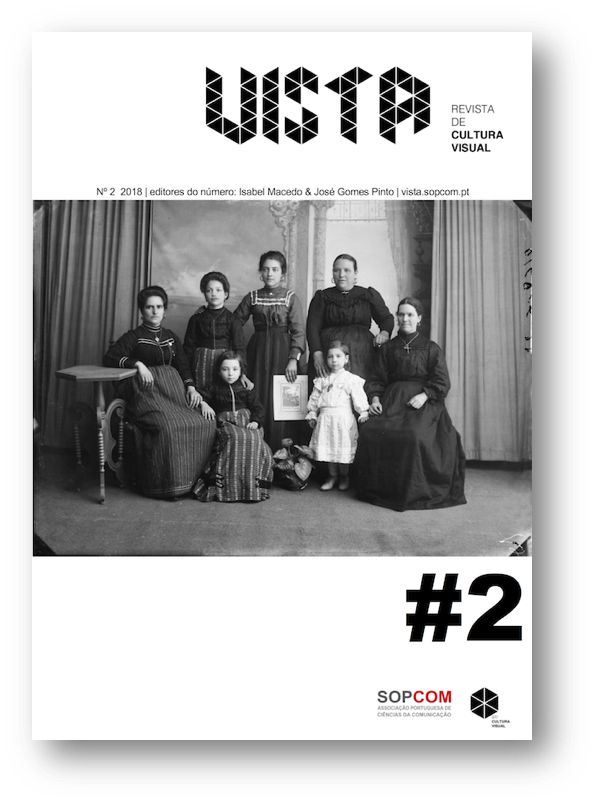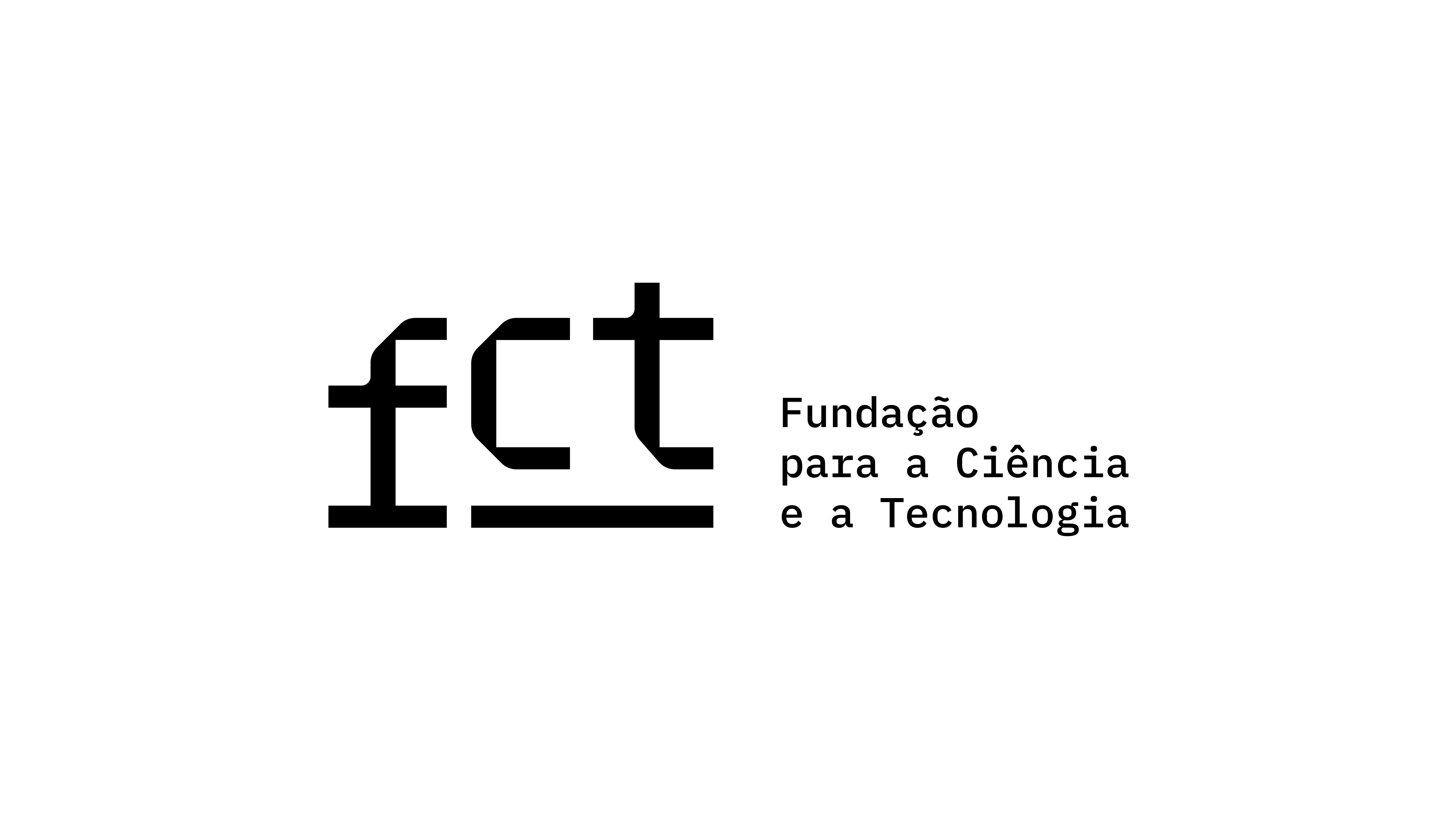Média, tempo e memória
DOI:
https://doi.org/10.21814/vista.2995Keywords:
media, time, memory, electronic networks, technical reproducibilityAbstract
Traditional media work as devices of selection, narrative
configuration and dissemination of events. In the same way, as the power of narrative in the structuring of time and experience, it can be said that the selection by media of what we intend to mark in the present and in the past is a mechanism for the construction of social memory. So, the media "make history", by going into the terrain of historiography, and "make memory", by participating and interfering in the process of building collective memory. However, digital media – as devices
characterized by instantaneity, speediness, retention and propagation of images and messages – introduce new possibilities of communication, dissemination and archiving. At the same time,
they change the relations in space and in time. We are interested in inquiring whether traditional and digital media contributes to the construction of collective memory or, on the contrary, to their deterioration, since the new information and communication technologies have unlimited possibilities of dissemination, archival and technical memory, as well as dematerialization and timelessness. Therefore, it is important to ask if the relations with time, space and memory might suffer ongoing changes.
In order to understand how traditional media and new digital technologies intervene in the construction of memory, we begin with a perspective on a phenomenology and on a pragmatics of memory, moving on to the question of collective memory and to the relation between history and memory. We intend to apply this interrogation to the relationships between event, media and archive and also to the technicity of memory, and to the new relations to time and space in digital networks.
Downloads
References
Agostinho (Santo) (1977). Confissões (Livro XI). Porto.
Arendt, H. (1990). La crise de la culture. Paris: Gallimard.
Arendt, H. (2006). Entre o passado e o futuro. Lisboa: Editora Relógio d’Água.
Babo, M. A. (2009). Escrita, memória, arquivo. Revista de Comunicação e Linguagens, 40, 45-51.
Babo-Lança, I. (2010). Configuração mediática do acontecimento e construção da memória colectiva. Os media, a memória e a história. Trajectos, 17, 53-60.
Babo-Lança, I. (2011). Configuração mediática dos acontecimentos do ano. Caleidoscópio, 10, 67-77.
Babo-Lança, I. (2012). Acontecimento e memória. In V. França & L. Oliveira (org.), Acontecimento: reverberações (pp. 55-66). Belo Horizonte: Autêntica Editora.
Babo, I. (2017). Redes e Ativismo. In M. Di Felice, E. Pereira & E. Roza (org.), Net- ativismo. Redes digitais e novas práticas de participação (pp. 77-88). São Paulo: Editora Papirus.
Bédarida, F. (1999). L’Histoire. Entre Science et Mémoire?. In J.-C. Ruano-Borbalan (org.), L’Histoire aujourd’hui (pp. 335-342). Paris: Éditions Sciences Humaines.
Benjamin, W. (1992). A obra de arte na era da sua reprodutibilidade técnica. In W. Benjamin, Sobre arte, técnica, linguagem e política. Lisboa: Relógio d’Água.
Bourguignon, F. (1999). L’écriture de l’histoire. Le discours en question. In J.-C. Ruano- Borbalan (org.), L’Histoire aujourd’hui (pp. 365-370). Paris: Éditions Sciences Humaines.
Carey, J. W. (1989/1992). Communication as Culture. Essays on Media and Society. Nova Iorque e Londres: Routledge.
Castells, M. (1999). A Era da Informação: Economia, Sociedade e Cultura – A Sociedade em Rede. São Paulo: Paz e Terra.
Chartier, R. (1999). Les représentations du passé. In J.-C. Ruano-Borbalan (org.), L’Histoire aujourd’hui (pp.15-19). Paris: Éditions Sciences Humaines.
Dayan, D. & Katz, E. (1994/1999). A história em directo. Os acontecimentos mediáticos na televisão. Coimbra: Edições Minerva.
Di Felice, M. (2012a). Netativismo: novos aspectos da opinião pública em contextos digitais. Revista Famecos, 19(1), 27-45.
Di Felice, M. (2012b). Paisagens pós-urbanas. Lisboa: Vega.
Di Felice, M. (2013). Ser redes: o formismo digital dos movimentos net-ativistas. Matrizes, 7(2), 49-71.
Febvre, L. (1985). Combates pela história. Lisboa: Ed. Presença.
Furtado, J. A. (2009). Os documentos digitais e o ‘paradoxo de Roger’. Revista de Comunicação e Linguagens, 40, 53-72.
Halbwachs, M. (1925/2002). Les cadres sociaux de la mémoire. Paris: PUF. Retirado de
http://www.uqac.uquebec.ca/zone30/Classiques_des_sciences_sociales/index.html.
Han, B.-C. (2016). No enxame. Reflexões sobre o digital. Lisboa: Relógio D’Água.
Koselleck, R. (1990). Le Futur Passé. Paris: Ed. de l'EHESS.
Levy, P. (1990). As tecnologias da inteligência. Lisboa: Instituto Piaget.
Namer, G. (1999). Les cadres sociaux de la Mémoire. In J.-C. Ruano-Borbalan (org.), L’Histoire aujourd’hui (pp. 349-351). Paris: Éditions Sciences Humaines.
Nora, P. (1974). Le retour de l'événement. In J. Le Goff e P. Nora, Faire de l'histoire (pp. 210-228). Paris: Gallimard.
Nora, P. (1999). Les Lieux de Mémoire. In J.-C. Ruano-Borbalan (org.), L’Histoire aujourd’hui (pp. 343-348). Paris: Éditions Sciences Humaines.
Nora, P. (2002). L’avènement mondial de la mémoire. Tr@nsit online, 22. Retirado de http://www.iwm.at/transit/transit-online/lavenement-mondial-de-la-memoire/.
Park, R. E. (1940/2002). As notícias como uma forma de conhecimento: um capítulo na sociologia do conhecimento. In Esteves, J. P. (org.), Comunicação e Sociedade (pp. 35- 48). Lisboa: Livros Horizonte.
Paquot, T. (2009). L’espace public. Paris: La Découverte.
Parret, H. (2009). A memória arquival e a memória figural. Revista de Comunicação e Linguagens, 40, 27-43.
Prost, A. (1999). La mise en intrigue est essentielle pour l’historien. In J.-C. Ruano-Borbalan (org.), L’Histoire aujourd’hui (pp. 371-376). Paris: Éditions Sciences Humaines.
Ricoeur, P. (2000). La mémoire, l'histoire, l'oubli. Paris: Seuil.
Ricoeur, P. (1983). Temps et Récit I. Paris: Le Seuil.
Ricoeur, P. (1990). Soi-même comme un autre. Paris: Le Seuil.
Stiegler, B. (2009). Anamnese e hipomnese. Revista de Comunicação e Linguagens, 40, 11-26.
Sodré, M. (2009). Mutações do discurso informativo. Trajectos, 13-14, 29-33.
Downloads
Published
How to Cite
Issue
Section
License

This work is licensed under a Creative Commons Attribution 4.0 International License.
Authors own the copyright, providing the journal with the right of first publication. The work is licensed under a Creative Commons Attribution 4.0 International License.













